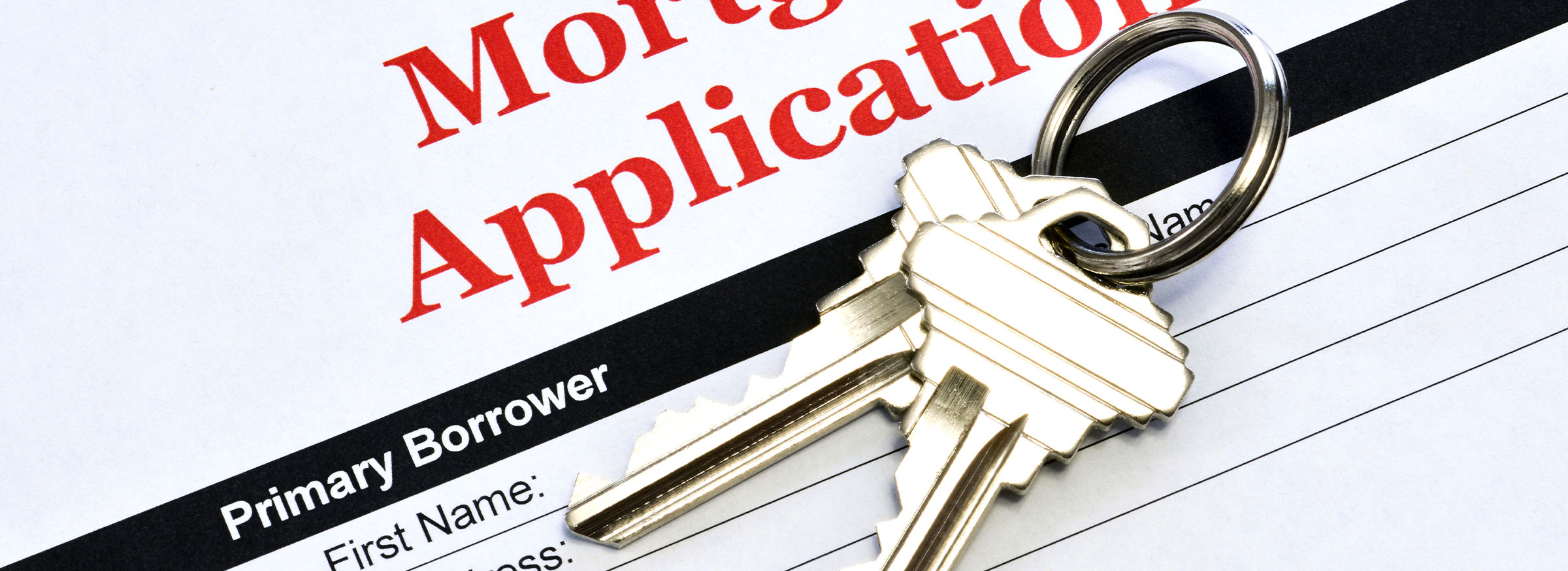Mortgage Guidance
Fortier is a reliable source of local knowledge and expertise for non residents purchasing a property in France.

Mortgage Guidance
Fortier is a reliable source of local knowledge and expertise for non residents purchasing a property in France.
Notre Savoir Faire
KNOWLEDGE AND EXPERTISE
Fortier’s understanding of the lending environment guarantees a smooth, well-informed, and personalised experience when securing an international mortgage.
Attestation de Financement
While the qualification certificate is optional, it can be included in the real estate purchase offer.
In a competitive real estate market, it is crucial to independently verify your financial standing.
Given the regulated nature of the real estate loan broker profession, we are capable of providing our clients with an advisory document, ensuring transparency and informed decision-making.

Key Considerations
Source of wealth
Income verification
Contractual outgoings
Origin of funds
Translation
Timing
Mortgage Insurance

Expert Mortgage Broker in France
Liam established Fortier in 2021, navigating the challenges of a global pandemic and the midst of Brexit-related uncertainties.
With more than a decade of living in Nice as a proud British expatriate, Liam utilised his wealth of experiences, knowledge, and industry contacts to create a specialised debt advisory service in Europe tailored for high net worth individuals.
Beyond his professional endeavors, Liam engages in road cycling, conquering both gravity and the picturesque landscapes of southern France.
Prior to relocating to France, he was a high-performance scholarship student and completed an MA in international business.
Closing Costs
When purchasing a property in France, buyers should be aware of various closing costs, which can add a significant amount to the overall expense. It is advisable to allocate approximately 8% to 9% of the purchase price to cover transaction costs.
Below is an overview of the expenses linked to property transactions in France.
Notary fees.
Mortgage registration
New developments (VEFA)
Refinance & equity release
Property Agent fee
Valuation fee
French Property Buyers Guide
01 : Agent
Select a trustworthy agent who has a proven track record in handling international clients.
02 : Mortgage Qualification
Securing the attestation de financement involves some paperwork, but it will significantly aid your agent and strengthen negotiations with sellers.
03 : Notaire
We advise engaging only with notaries who are proficient in English.
If you’re looking to secure a mortgage (or without) it’s important to confirm:
- Borrower.
- Holding structure of security (personal name or SPV).
- Marital regime.
- Contingent to mortgage or not.
- Source of funds.
04 : Offer
Non-binding offer is accepted between buyer and seller. If the sale of property is subject to finance, the borrower should be seeking independent advice and fully aware of their obligations.
05 : Sale Agreement
A written contract between buyer and seller which sets out the main terms of agreement. It will distinguish a closing date and any financial contingencies.
After signing the sales agreement, the buyer has a 10-day withdrawal period, allowing them to retract without justification or compensating the seller.
06 : Closing
In most cases, the buyer is granted a three-month window to secure funding for their real estate project, although this period may be shortened for cash buyers. Conversely, under specific circumstances, extension of this timeframe is possible, contingent upon obtaining the written consent of the seller. This flexibility accommodates varying financial arrangements and ensures that both parties involved have a clear understanding of the timeline for the completion of the real estate transaction.
